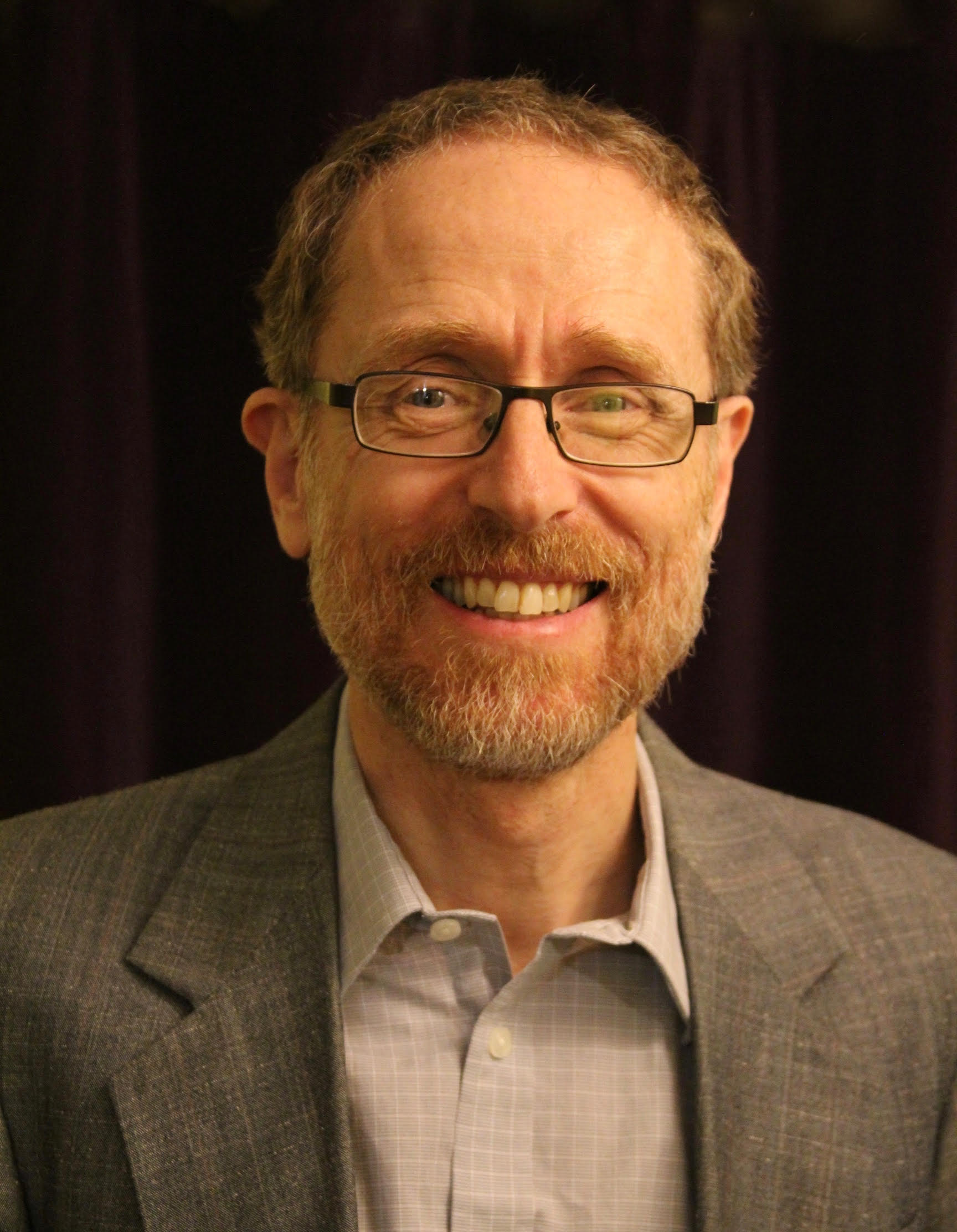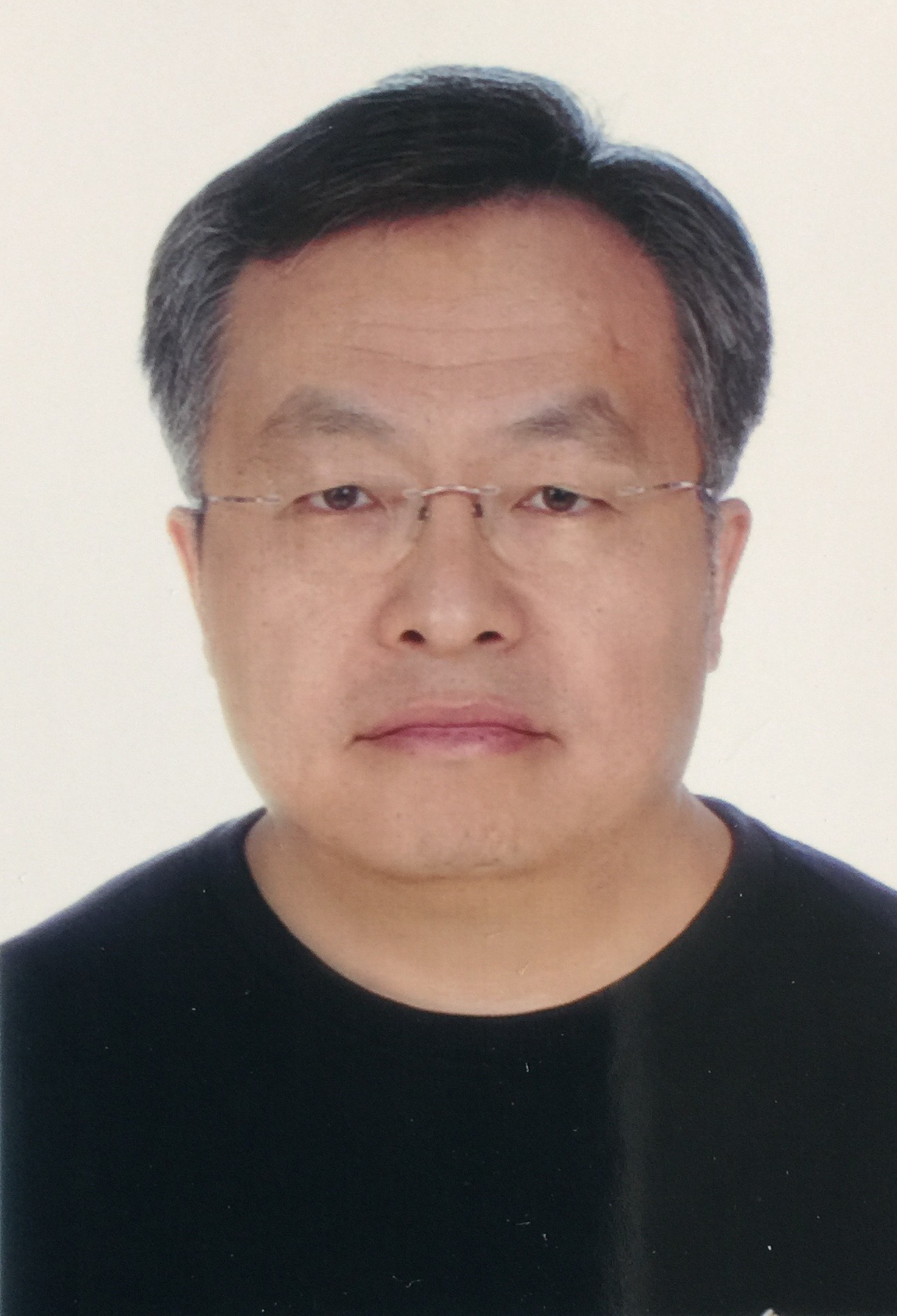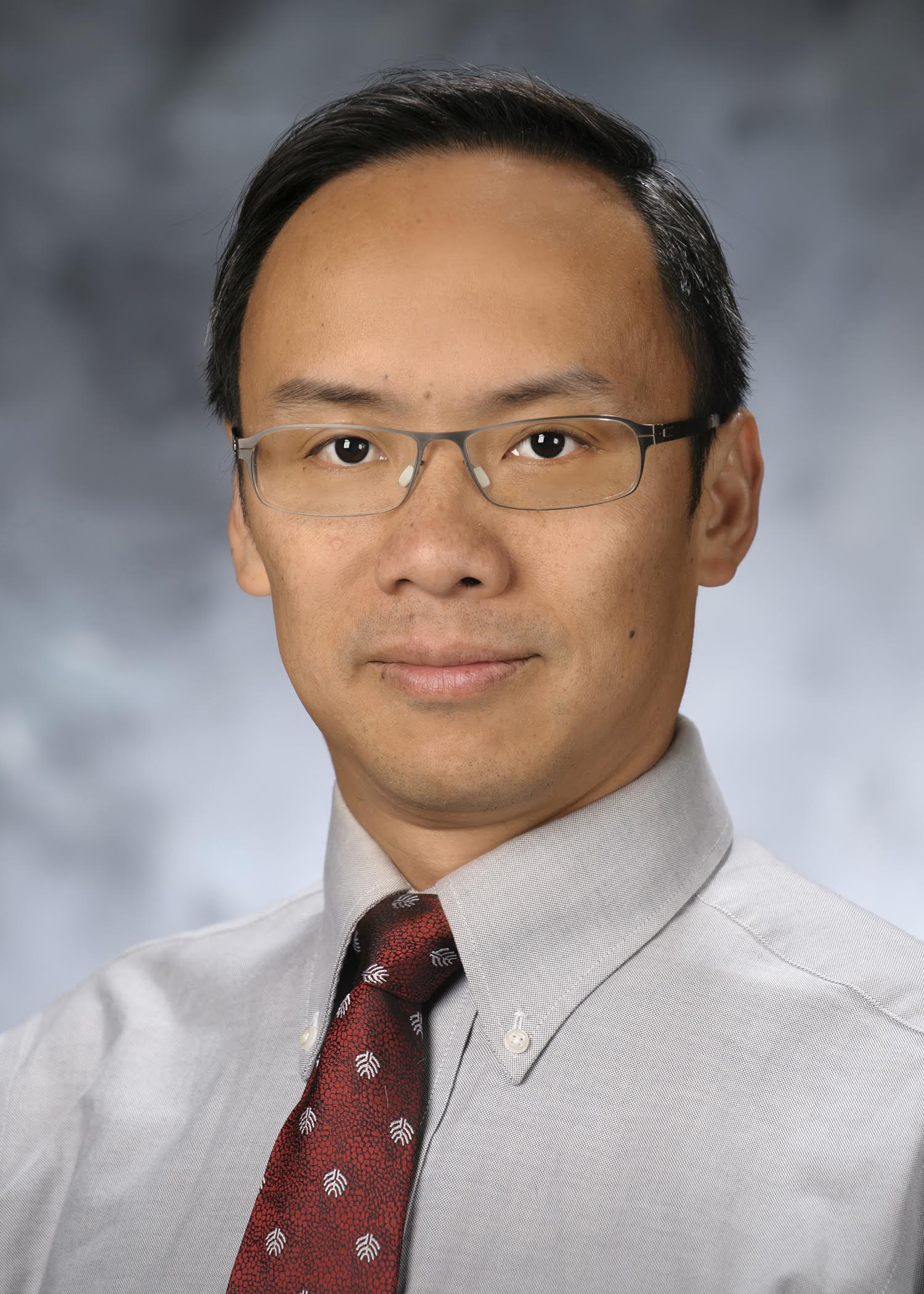
|
ACM TURC 2017 (SIGOPS ChinaSys) Call for Research Talks
The ACM TURC 2017 (SIGOPS ChinaSys) conference is a new leading international forum for academia, government, and industry to present novel research results in the principle and practice of computer systems. All topic areas related to design and implementation of computer systems are of interest and in scope.
The workshop will contain invited talks from renowned researchers, “best of the rest” talks covering top research papers from recent top systems related conferences, as well as peer-reviewed talks describing most-recent progresses in our community.
Previous SIGOPS China Call for Papers.
Program
2017-05-12: SIGOPS China Symposium
Opening |
|
8:50-9:00 |
Yungang Bao, Haibo Chen, and Wenguang Chen |
Keynote 1 |
|
9:00-10:00 |
Robbert van Renesse, Cornell University,
Chair of ACM SIGOPS |
Tea Break (10:00-10:20 ) |
|
Research Track Session 1: Cloud and Virtualization |
|
10:20-10:45 |
Chao Wang (Ucloud Inc.); Xiang Song (Ucloud Inc.);
Mojiong Qiu (Ucloud Inc.) |
10:45-11:10 |
Lideng Ye (Ucloud Inc.); Ding Xiao (Ucloud Inc.); Sui
Chen (Ucloud Inc.); Tianyi Song (Ucloud Inc.); Shishi Duan (Ucloud
Inc.); Xiang Song (Ucloud Inc.); Mojiong Qiu (Ucloud Inc.); Xianfeng
Mo (Ucloud Inc.) |
11:10-11:35 |
Yusen Wu (Hangzhou
Dianzi University); Zujie Ren (Hangzhou Dianzi University); Weisong
Shi (Wayne State University); Xing Wang (NetEase Inc.); Xiaolong
Zhang (NetEase Inc.); E Chen (NetEase Inc.); Yuan Wang (NetEase
Inc.) |
11:35-12:00 |
Hongliang Tian (Tsinghua
University); Yong Zhang (Tsinghua University); Chunxiao Xing (Tsinghua
University); Shoumeng Yan (Intel Corporation) |
Lunch (12:00-14:00 ) |
|
Research Track Session 2: Who accelerates me? GPU/FPGA |
|
14:00-14:20 |
Akrem Benatia (Beijing Institute of Technology);
Weixing Ji (Beijing Institute of Technology); Yizhuo Wang (Beijing
Institute of Technology); Feng Shi (Beijing Institute of Technology) |
14:20-14:40 |
Yanqiang Liu
(Shanghai Jiao Tong University); Yao Li (Shanghai Jiao Tong
University); Weilun Xiong (Shanghai Jiao Tong University); Meng Lai
(Shanghai Jiao Tong University); Cheng Chen (Morgan Stanley);
Zhengwei Qi (Shanghai Jiao Tong University); Haibing Guan (Shanghai
Jiao Tong University) |
14:40-15:00 |
Zhisheng Li (National University of Defense Science and Technology); Lei Wang (National University of Defense Science and Technology); Qiang Dou (National University of Defense Science and Technology); Yuxing Tang (National University of Defense Science and Technology); Shasha Guo (National University of Defense Science and Technology); Xun Jia (National University of Defense Science and Technology) |
15:00-15:20 |
Yong Wang (Baidu),
Jian Ouyang (Baidu) |
Research Track Session 3: Emerging Memory Systems |
|
15:20-15:40 |
Mingkai Dong (Shanghai Jiao Tong University); Haibo
Chen (Shanghai Jiao Tong University) |
15:40-16:00 |
Zhan Zhang (Huazhong
University of Science and Technology) |
Tea Break (16:00-16:40 ) |
|
Research Track Session 4: Really Big Graph Systems |
|
16:40-17:00 |
Hao Howie Huang (The George Washington University) |
17:00-17:20 |
Heng LIN (Tsinghua
University) |
17:20-17:40 |
Wencong Xiao (Beihang
University & Microsoft Research) |
17:40-18:00 |
Pengcheng Yao (Huazhong University of Science and
Technology) |
2017-05-13: SIGOPS China Symposium
Keynote 2 |
|
14:00-15:00 |
Tiejun Huang, Peking University |
Keynote 3 |
|
|
15:00-16:00 |
Yuan
Xie, UCSB |
Tea Break (16:00-16:30 ) |
|
Research Track Session 5: In-memory Databases |
|
16:30-16:50 |
Quanlu Zhang (Peking University); Zhaoguo Wang (New
York University); Jinyang Li (New York University); Yafei Dai
(Peking University) |
16:50-17:10 |
Xingda Wei (Shanghai
Jiao Tong University); Sijie Shen (Shanghai Jiao Tong University);
Rong Chen (Shanghai Jiao Tong University); Haibo Chen (Shanghai Jiao
Tong University) |
17:10-17:30 |
Wenlong Ma (Chinese Academy of Sciences), Yuqing Zhu
(Chinese Academy of Sciences), Mengying Guo (Chinese Academy of
Sciences), Yungang Bao (Chinese Academy of Sciences) |
Concluding Remarks (17:30-17:40 ) |
|
Keynote Speech
 |
Keynote 1: Robbert van Renesse (Cornell
University, SIGOPS Chair, ACM Fellow) Abstract: Bio: Robbert van Renesse is a Research Professor of Computer Science at Cornell University. His research is on the practice and theory of scalable and fault tolerant distributed systems. He has published over 200 papers and patents on this topic, as well as a book. Van Renesse is elected Chair of the ACM Special Interest Group on Operating Systems, and Associate Editor of ACM Computing Surveys, the most cited journal in computer science. He has co-founded three companies transferring technology to industry. Van Renesse is an ACM Fellow. |
 |
Keynote 2: Tiejun Huang (Peking University) Abstract: Brain-like computer, also known as neuromorphic computer, is an intelligent machine that mimics the biological neural network, it is built with neuromorphic devices, and focuses on spatial-temporal information processing with large-scale and nonlinear features. The basic idea behind the brain-like computer is to bypass the more difficult scientific problem of understanding the intelligence, instead it first creates the intelligence, which means, it builds the brain-like computer through technologies like mimicking the brain’s structure, and then indirectly achieves the aim of intelligent simulation by training. In this talk, the speaker will introduce the related work of the brain-like computing, as well as its future prospects. Bio: Tiejun Huang, Ph.D, is a Professor with the School of Electronic Engineering and Computer Science, Head of Department of Computer Science, Peking University. Professor Huang’s research areas include video coding and image understanding, especially neural coding inspired information coding theory in last years. He received the Ph.D. degree in Pattern Recognition and Intelligent System from the Huazhong (Central China) University of Science and Technology in 1998, and the master’s and bachelor’s degrees in Computer Science from the Wuhan University of Technology in 1995 and 1992, respectively. Professor Huang received the National Science Fund for Distinguished Young Scholars of China in 2014, and was awarded the Distinguished Professor of the Chang Jiang Scholars Program by the Ministry of Education in 2015. He is a member of the Board of the Chinese Institute of Electronics and the Advisory Board of IEEE Computing Now.。 |
 |
Keynote 3: Yuan Xie (UCSB, IEEE Fellow) Abstract: Bio: Yuan Xie received the B.S. degree in electronic engineering from Tsinghua University, Beijing, and the M.S. and Ph.D. degrees in computer engineering from Princeton University. He is currently a Professor in the ECE department at the University of California at Santa Barbara. Before joining UCSB in Fall 2014, he was with Pennsylvania State University, with rich industry experience in both research lab (AMD) and product team (IBM Worldwide Design Center).
|
Organizers
General Chair:
Yungang Bao (ICT, Chinese Academy of Sciences)
Program Chair:
Wenguang Chen (Tsinghua University)
Haibo Chen (Shanghai Jiao Tong University)
TPC member:
